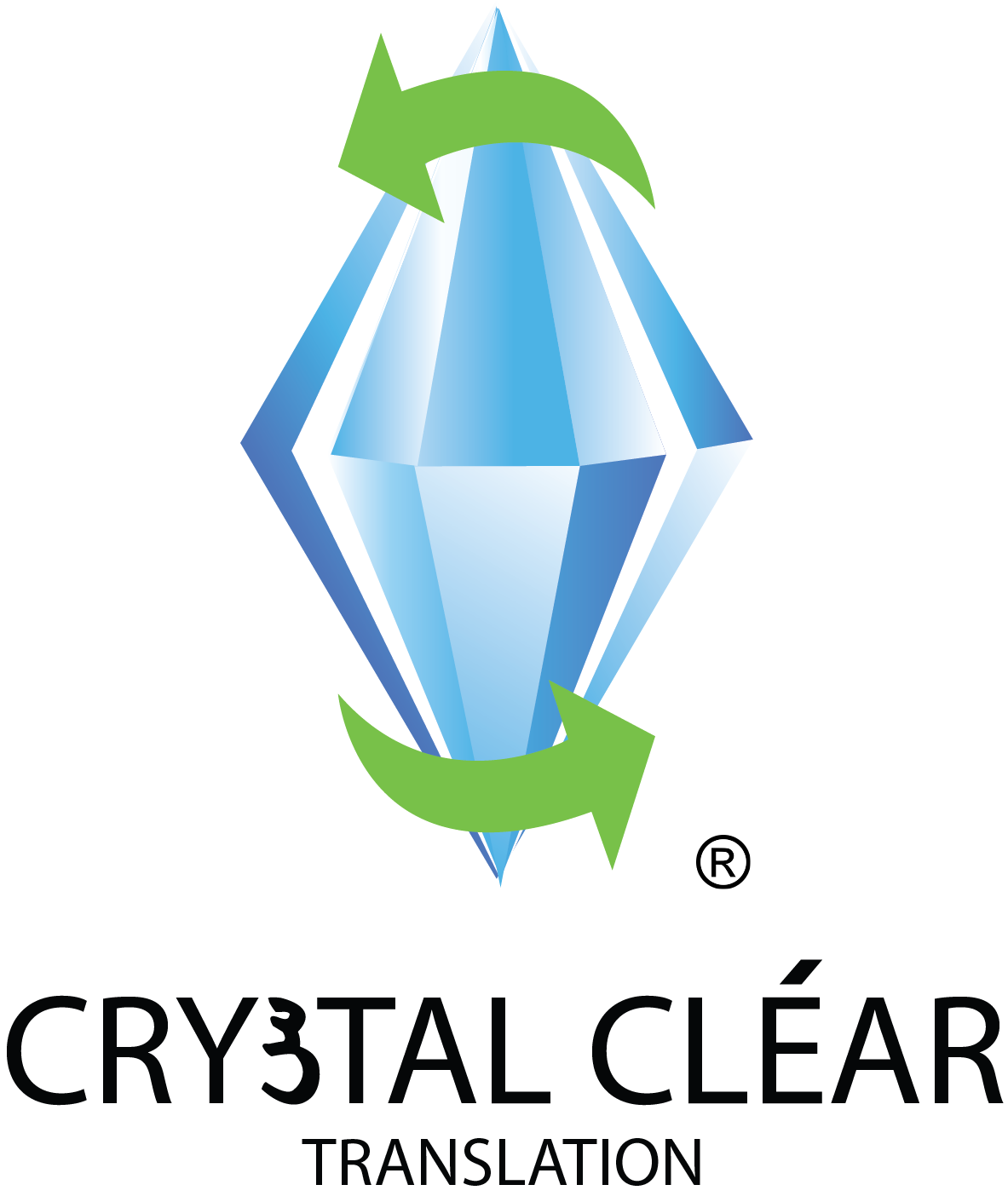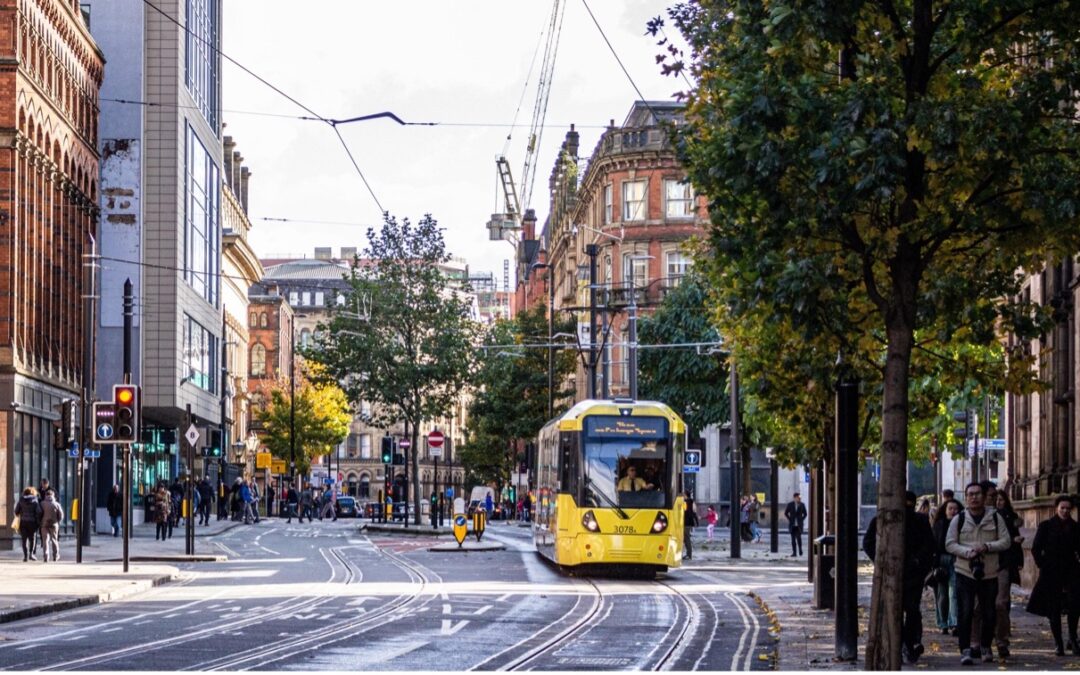When one thinks of language diversity and multilingualism in the UK, the first city that comes to mind for most people is probably London! However, it isn’t the most linguistically diverse city in the UK, let alone western Europe. In fact, that title belongs to the city of Manchester, which is home to at least 200 different languages. Although this number is less than the estimated 300 different languages spoken in London, compared to London’s population of 9 million people, Manchester has a much smaller population size of 576,500 people, making it more linguistically dense. In fact, according to research by the University of Manchester as part of a project called “Multilingual Manchester”, researchers found that around 40% of Manchester’s younger population and an estimated 50% of the city’s adult population are multilingual. In addition to this, 20% of Manchester’s adult population registered a
language other than English as their primary language in the 2011 Census. The most widely spoken of the approximately 200 different languages spoken in Manchester are Urdu, Arabic, Chinese, Bengali, Polish, and Panjabi..
Urdu
Urdu is the most widely spoken foreign language in Manchester, being spoken by an estimated 13,095 people, according to the last available data. Urdu is a member of the Indo-Aryan language family and is spoken globally by 170 million speakers. The language is also the fourth most widely spoken foreign language in the UK, spoken by an estimated 269,000 people. After the partition of India in 1947, Urdu speakers migrated to the UK from India and Pakistan, settling in northern cities such as Manchester, Leeds, and Bradford, as well as in the West Midlands, Scotland, and London. There are several radio stations and TV stations in the UK which broadcast in Urdu, such as Asian Sound Radio, which is based in Manchester.
Arabic
One of the Semitic languages, Arabic is spoken by 7,037 people in Manchester. According to the 2011 Census, there are 159,290 Arabic speakers in the UK, making Arabic the sixth mostly widely spoken language in the country. The Arabic language was first introduced to Manchester in the 1800s by Turkish cotton traders, followed by Moroccan cloth traders in the 1830s, and Syrian immigrants, who arrived in the city after the First World War. There are several different Arabic language radio and TV stations broadcasting in the UK, such as BBC Arabic.
Chinese
In total, there are around 8,468 Chinese speakers in Manchester. However, the primary dialect of these Chinese speakers is not Mandarin, which is spoken by 851 people, but Cantonese, which is the most widely spoken Chinese dialect/language in Manchester with 1,739 speakers. The many languages that comprise the Chinese group of languages, such as Mandarin, Cantonese, Min, and Wu, are part of the Sino-Tibetan language family. It is estimated that, globally, there are 1.1 billion Mandarin speakers, making it the most widely spoken of the Chinese languages, followed by Wu and Min (75-80 million speakers), and Cantonese (spoken by 70 million people).
Bengali
Bengali, also known as Bangla, is a member of the Indo-Aryan language family. The language, as well as the dialects of Sylheti and Chatgaya, are spoken by 3,114 people in Manchester. In addition to the Bengali speakers in Manchester, the Bengali language is spoken by 114,267 people in London and by 221,403 people in the UK. Two Bengali dialects, known as Sylheti and Chatgaya, are also spoken by people in Manchester. These two dialects, Sylheti and Chatgaya, are categorised as being distinct from the Bengali language, as both dialects use a writing system called the Bengal-Assamese script, whereas Bengali utilises the Bengali script. Whilst Sylheti is regarded as a mutually intelligible dialect of Bengali, Chatgaya is not considered to be mutually intelligible with Bengali.
Polish
Polish is a Slavic language that is part of the Indo-European language family and is spoken by an estimated total of 6,447 people in Manchester, making it the most widely spoken EU language in the city. There are also 147,816 speakers of the Polish language in London, and the language is also the second most widely spoken foreign language in the UK, spoken by a total of 546,000 people. Polish has become more widely spoken in Manchester, as well as the rest of the UK, when Poland became part of the EU in 2004, and more Polish people migrated to live and work in the country.
Punjabi
Punjabi, also known as Panjabi, is part of the Indo-Aryan language family, and is spoken by 4,719 people in Manchester. In the UK, there are 273,000 Punjabi speakers, who account for 0.5% of the total UK population. Punjabi is the second most widely spoken foreign language in the United Kingdom. A significant number of Punjabi speakers immigrated to the West Midlands, in the late 1940s and 1950s after the expansion of the UK citizenship laws in the Commonwealth. Many also came to the UK in the 1970s after the expulsion of all Asian people in Uganda by Idi Amin. There are seven newspapers published in the Punjabi language, such as Sikh Times, and numerous radio stations that broadcast in the language, such as Panjab Radio, Sunrise Radio (based in Manchester), and the BBC Asian Network.
Concluding Thoughts
Given the incredible number of languages spoken in Manchester, the city is a perfect example of linguistic diversity in the UK and the rest of Europe. The language diversity of Manchester might also be evidence of the multilingual future of languages, or it could be a rarity, especially as language learning in UK schools is in decline. If you should require translation or interpretation of any languages or dialect, you may be interested in the excellent services provided by Crystal Clear Translation. At CCT, we employ many efficient and reliable translators able to navigate the intricacies of many different languages and cultures. Click here for a quote if you should need interpretation or translation services in a multitude of different languages.


